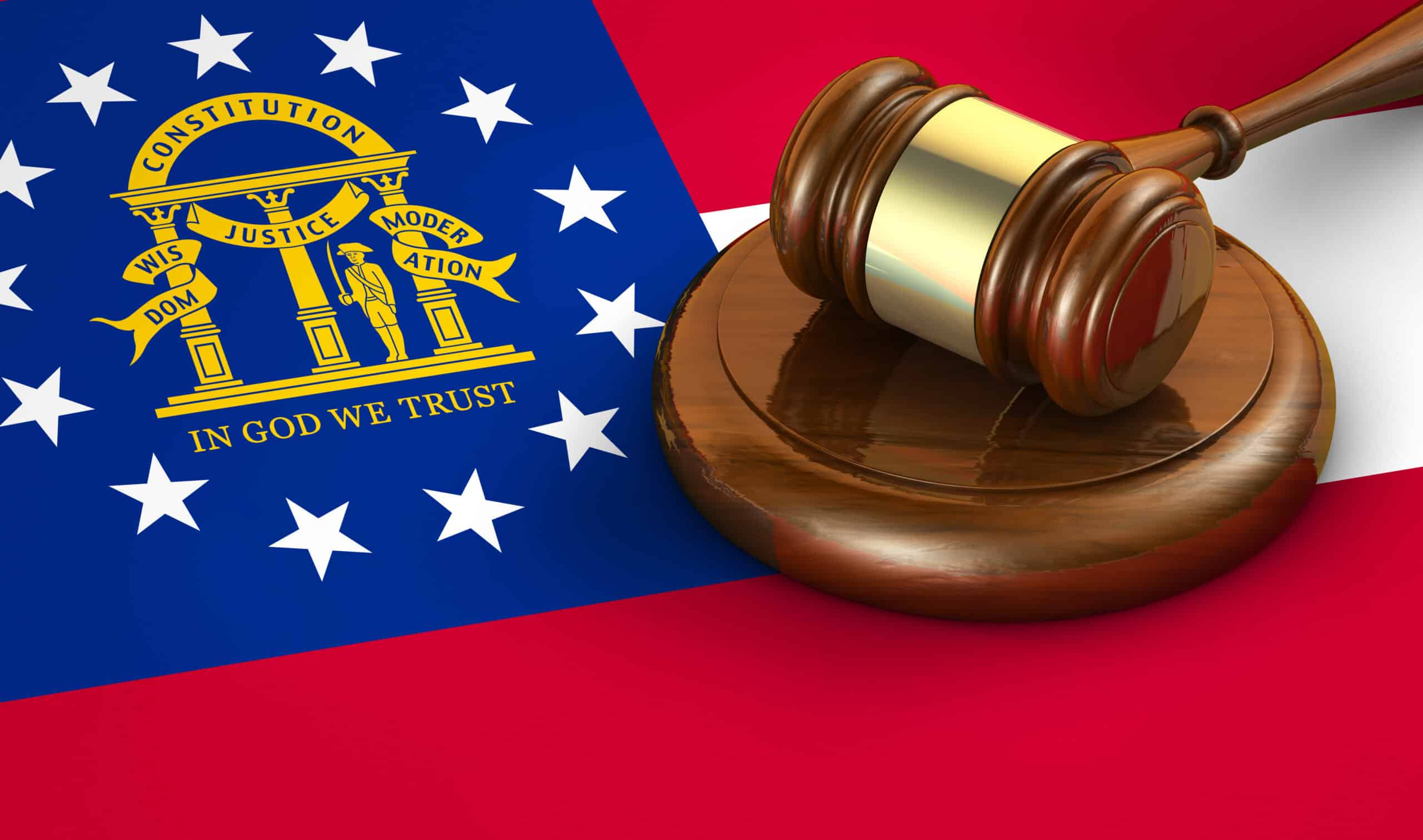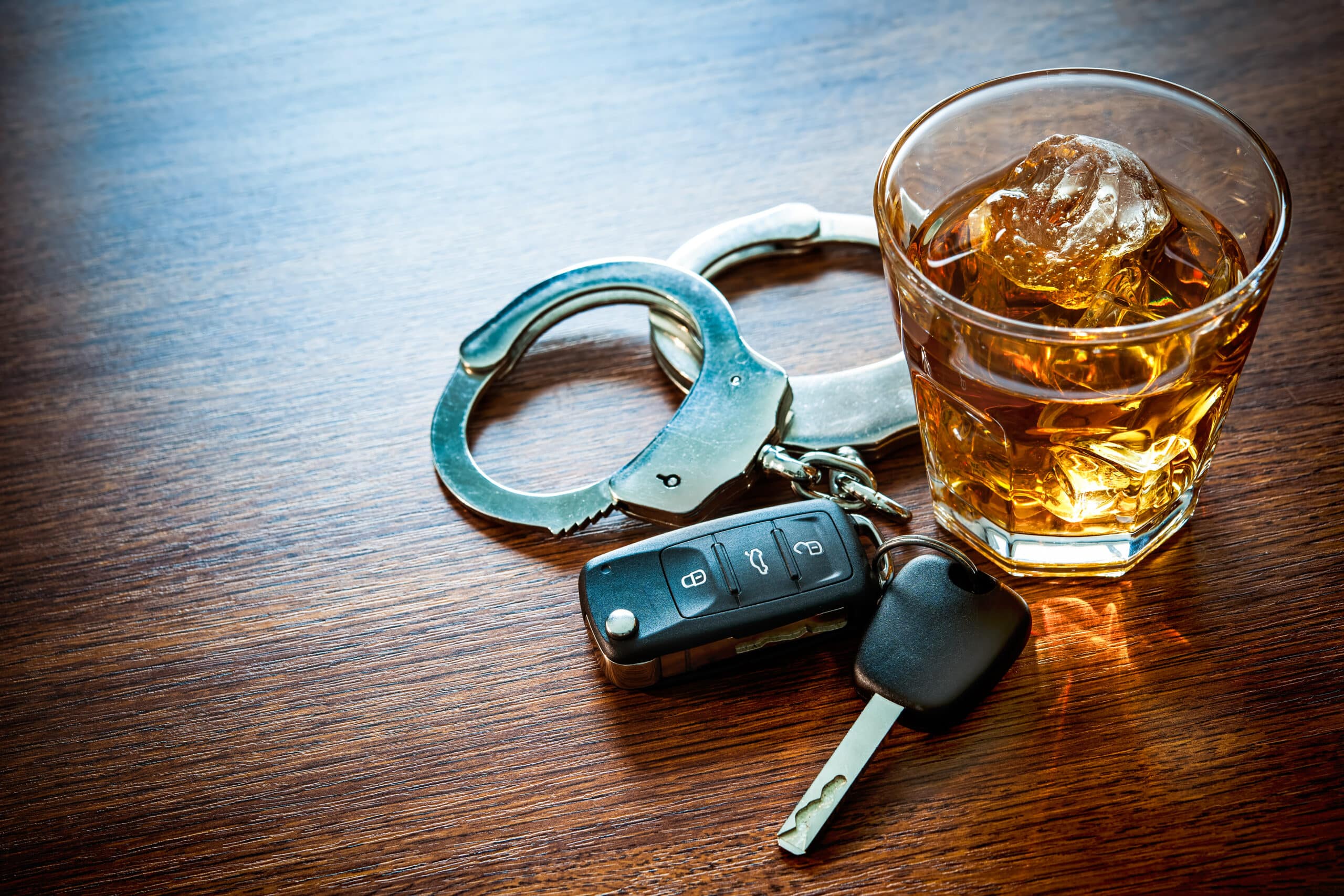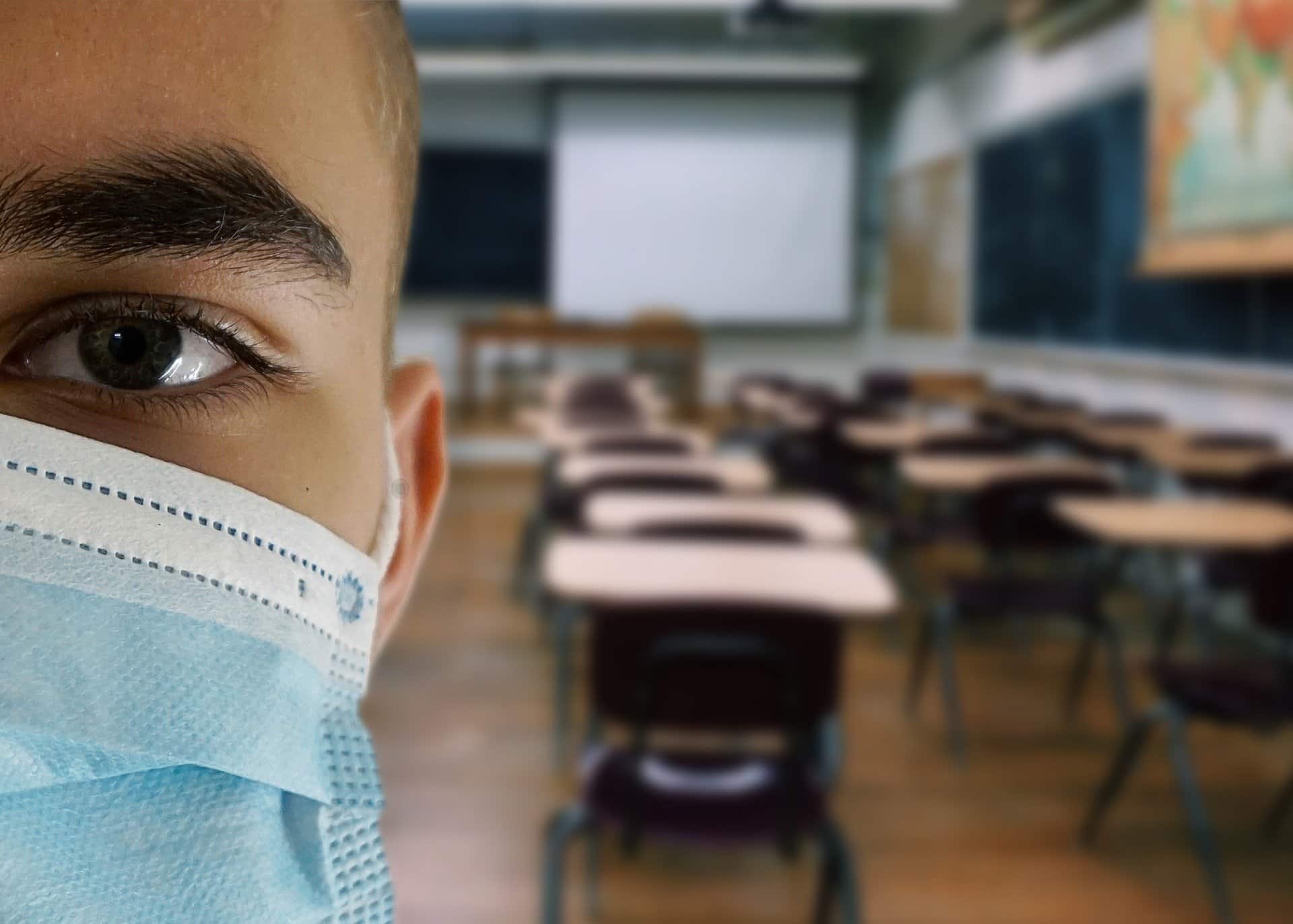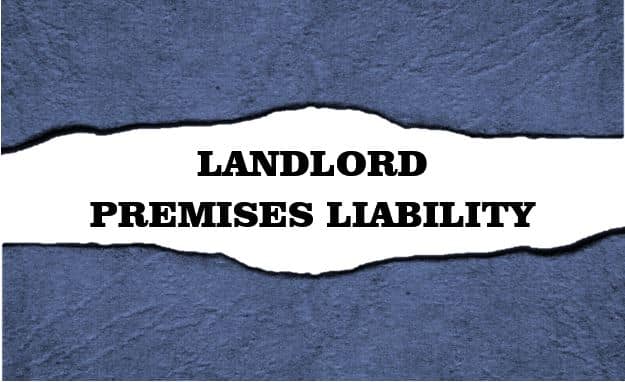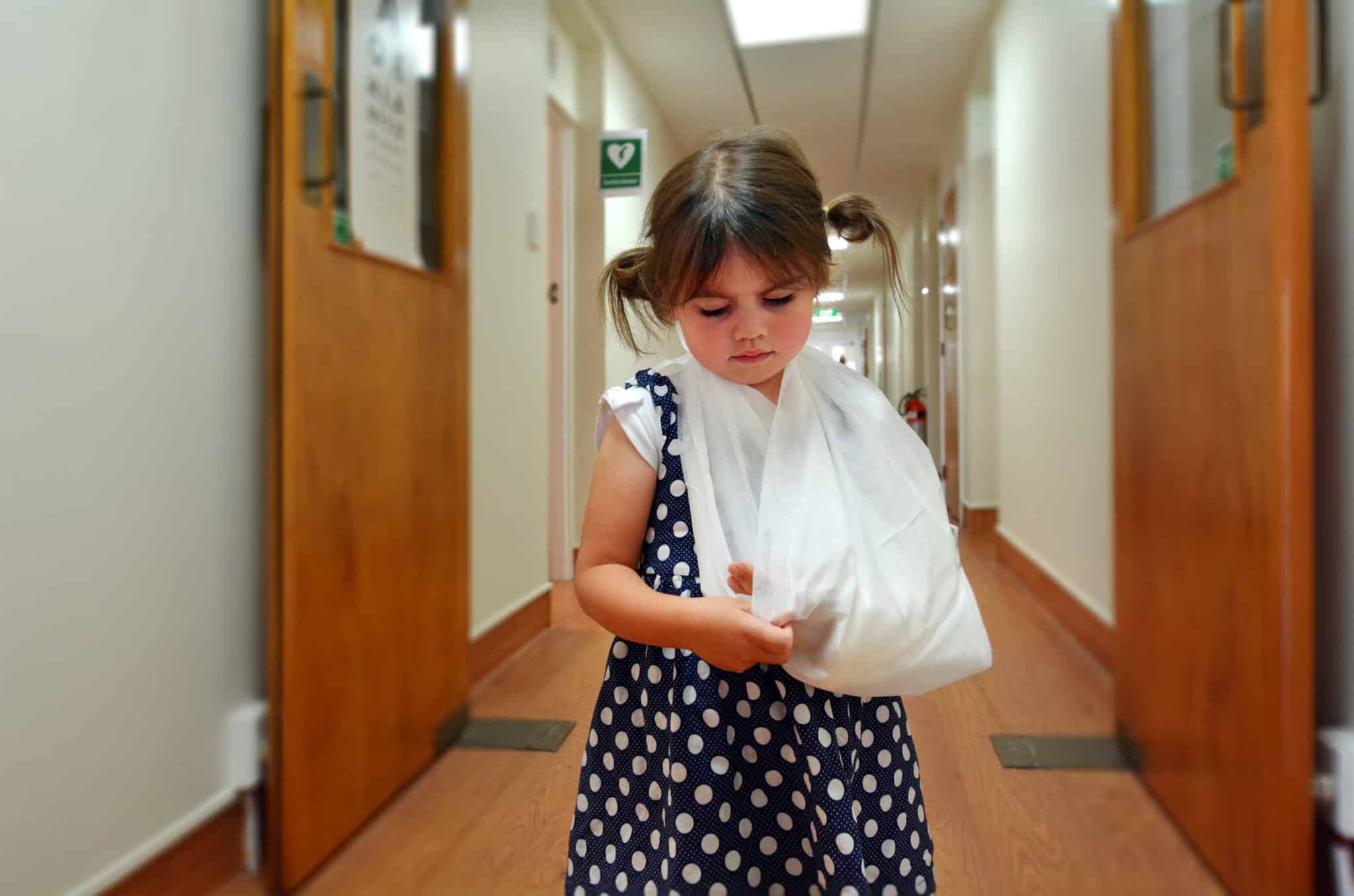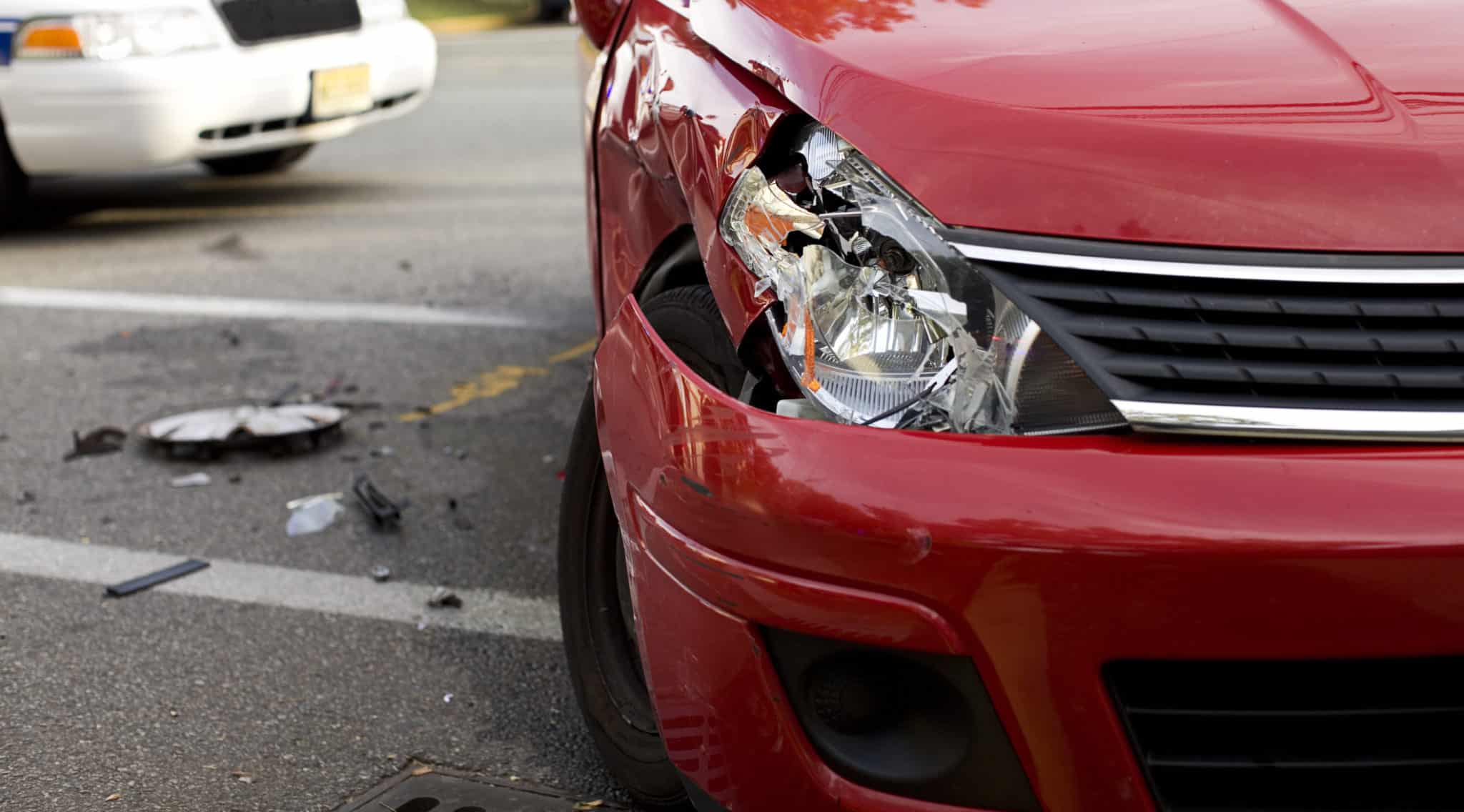Understanding Mediation in Personal Injury Cases: A Path to Settlement
When pursuing a personal injury claim, the process of settling your case can take many different routes. In some instances, claims are settled before a lawsuit is even filed or shortly after a lawsuit is filed. In some cases, a settlement may not occur until just before the trial is set to begin. One of the key tools in the settlement process is mediation – a method used by attorneys in personal injury cases to help parties reach a resolution before the case goes to trial.
What is a Mediation in a Personal Injury Case? What is a Mediator?
Mediation is a structured, formal process used to resolve disputes between parties. Using a mediator is part of the overall ADR (alternative dispute resolution) process, which includes arbitration and other dispute resolution services. It is essentially a settlement conference, typically overseen by a neutral third party known as a legal mediator. Mediators are often experienced professionals, such as retired judges or lawyers who have extensive experience in the legal field in which you are mediating. For example, in the personal injury space, you can expect to have a mediator that was an insurance defense lawyer and maybe even a plaintiff’s attorney so that the parties can rely on their experience when trying to resolve the dispute. Their role is not to make binding decisions but to facilitate a productive discussion between the parties involved, helping them weigh the strengths and weaknesses of their respective cases. The goal is to encourage settlement by making both sides more aware of their options, and also their risks.
While some cases may be mediated prior to filing a lawsuit, mediation typically occurs after the lawsuit has been filed, and the discovery process has been completed so both sides are armed with the knowledge to allow them to make a sound decision on whether to resolve the case at mediation. The discovery phase of a personal injury lawsuit is when both sides exchange information about the case, including exchange documents, pictures and videos, and also taking depositions of witnesses and experts, allowing each side to understand the other’s position.
What Happens During the Mediation Process?
At the start of mediation, both parties typically participate in a general conference. In this initial meeting, both the plaintiff and defendant (and their respective lawyers) usually present the key points of their case. The plaintiff will outline the strengths of their case, as well as the weaknesses of the defendant’s case. Likewise, the defense lawyer will do the same, allowing both sides to gain a clearer understanding of each other’s arguments. The actual injured party typically does not speak during this time, nor are they required to answer any questions.
After this conference, the parties separate into their individual rooms. The mediator will then move between the rooms, discussing each side’s position, exploring offers and counteroffers, and providing insights into the risks and benefits of continuing the case versus settling. The mediator’s goal is to bridge the gap between the parties, gradually moving both toward a compromise.
The Goal of Settlement: Finding the Middle Ground
The success of a mediation ultimately hinges on whether the least amount the plaintiff is willing to accept is less than or equal to the most amount the defendant is willing to pay. To visualize this, think of buying a car. The car salesman has a price, but they know the buyer won’t pay the full price. Likewise, the buyer knows they won’t pay the sticker price but will make a lower offer. The negotiation process involves moving toward a price where both the buyer and the seller are satisfied. Similarly, in mediation, if the defendant’s maximum offer meets or exceeds the plaintiff’s minimum acceptable settlement, a resolution is reached.
However, not all cases settle during mediation. If the parties can’t agree, the case will proceed toward trial. Despite this, mediation tends to have a high success rate, largely because experienced attorneys can assess the risks involved and recommend a reasonable settlement value.
Do You Have to Testify at Mediation?
A common question clients ask before attending mediation is whether they will have to testify or make a statement. In most cases, the answer is no. While the process may vary from case to case, it is not necessary for the client to testify, and it is certainly not required. The role of the client is to make the final decision about what they are willing to accept in terms of a settlement, based on the attorney and mediator’s advice and suggestions. Most of the talking during mediation is between the client and the lawyer while the mediator is out of the room. Sometimes, the mediator will ask questions, but this is done without the other side in the room, or their lawyers, and is usually only to get a further understanding of the issues. Which leads me to my last, and final point….
Is the Mediation Confidential?
Anything that is discussed in mediation is strictly confidential. This includes what is said between the parties and any discussion with the mediator outside the presence of the other side’s attorneys. The mediator is only allowed to tell the other side what you and your lawyer allow the mediator to say. The process is confidential to encourage the parties to be open and forthright in their attempt to resolve the case without the fear of anything being said in the mediation to be used against them in court. You cannot go to trial after a failed mediation and proclaim “the defendant only offered us $5 at mediation! Can you believe that?!”
Is Mediation the Best Course of Action for Your Case?
Mediation is an effective tool in personal injury cases, providing a way to settle disputes before they reach the courtroom. It allows both parties to present their case and receive expert advice from a neutral mediator, which can guide them to a mutually agreeable settlement. However, the success of mediation ultimately depends on the willingness of both sides to compromise.
If you have been injured due to someone else’s negligence, it’s important to understand the options available to you, including the possibility to mediate your personal injury case. At Williams Elleby Howard and Easter, we offer free consultations to help guide you through your personal injury claim and determine the best course of action for your situation.
Call us today at 833-LEGALGA or visit us at gatrialattorney.com for more information. Call Us! It Won’t Hurt ™

